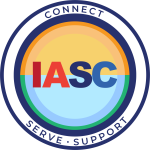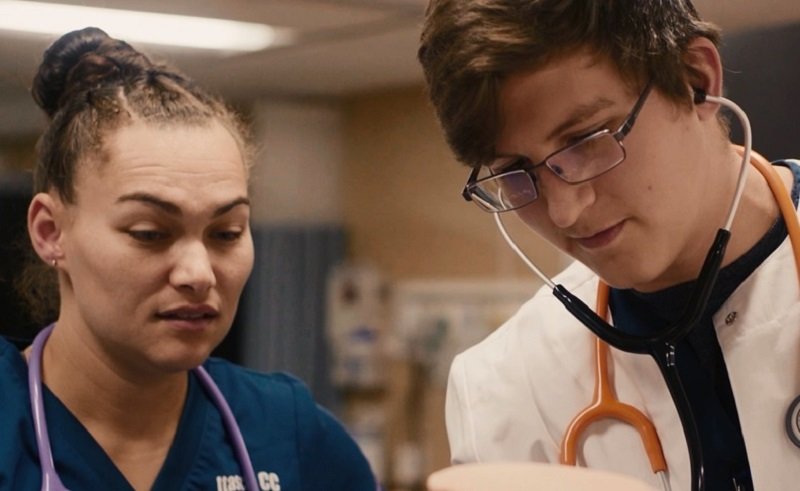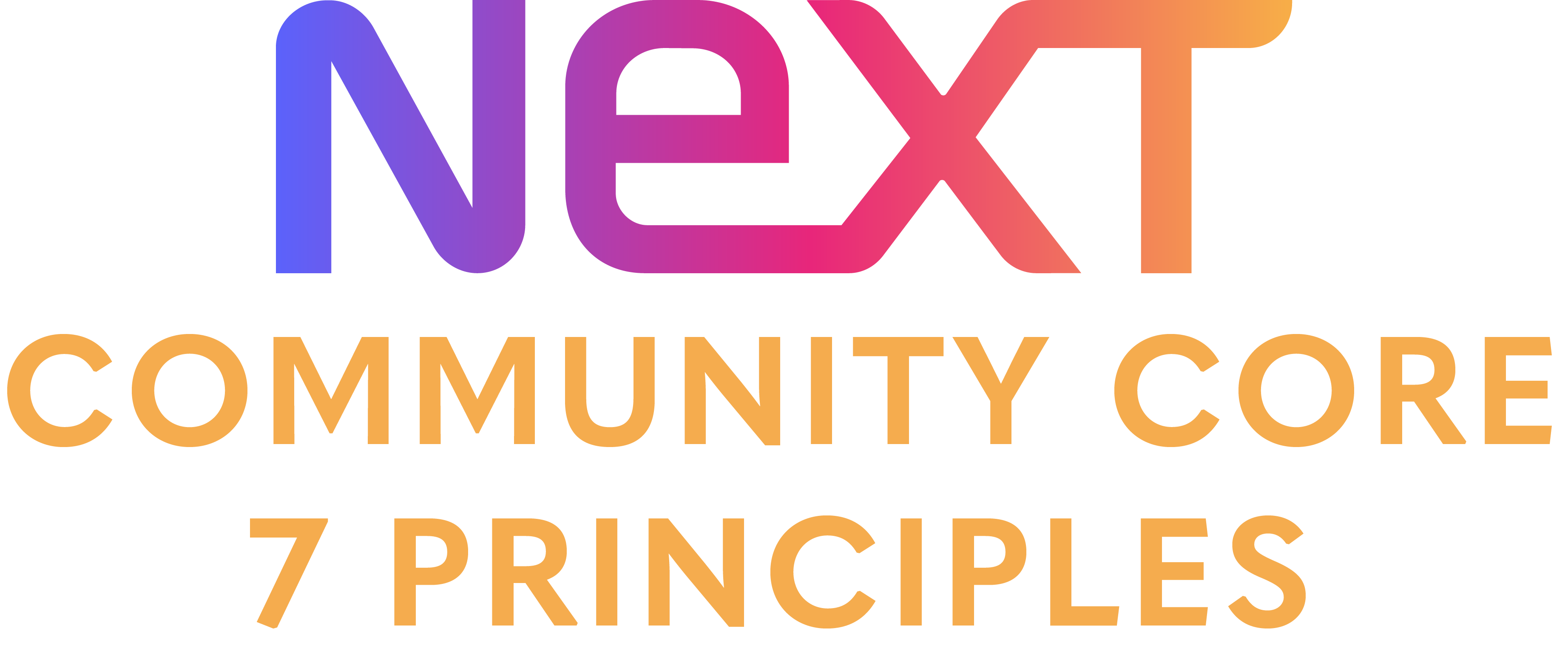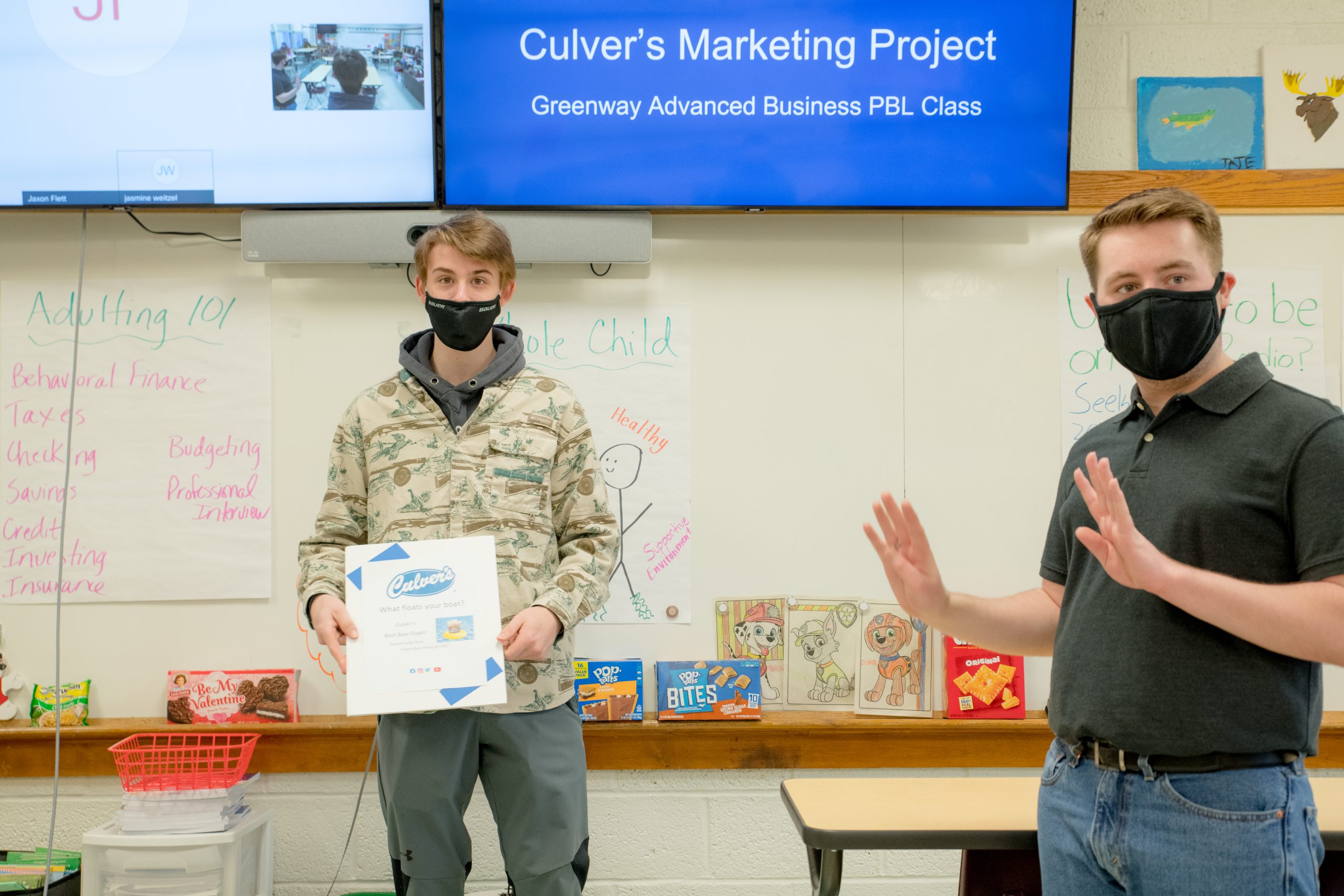

NEXT Career Pathways is a part of the Itasca Area Schools Collaborative (IASC) working to Connect, Serve, and Support the Itasca and surrounding areas through great programming and student centered practices.
NEXT Career Pathways currently serves Bigfork, Deer River, Floodwood, Greenway, Grand Rapids, Hill City, Nashwauk-Keewatin, and Northland Community School.

What is
our mission?

What is our mission?


A growing Problem, A Bold Solution
A Growing Problem, A Bold Solution
Northeastern Minnesota faced a critical challenge: a shortage of skilled workers amidst a persistent misconception that good jobs were scarce in the region. This disconnect between local talent and employer needs was hindering both students and businesses.
Recognizing this opportunity, the Itasca Area Schools Collaborative (IASC), Itasca Community College, and the local business community united to create Next Career Pathways. Our shared vision was to transform the narrative, inspire students, and bridge the gap between education and employment.
Next Career Pathways is more than a program; it’s a community-wide initiative to reshape how students perceive their future. By offering immersive career exploration experiences beyond the classroom, we empower students to discover their passions, build in-demand skills, and envision successful careers right here at home. Our goal is to create a thriving ecosystem where students and businesses flourish together.

WHAT IS THE GOAL OF THE NEXT CAREER PATHWAYS?
Our region, state, and nation face a critical shortage of skilled workers. Misconceptions about local job opportunities exacerbate this challenge. Next Career Pathways is designed to address these issues by providing students with hands-on experiences in high-demand careers.
By connecting students with local businesses and industries, we help them envision successful futures in their own communities. Our curriculum focuses on developing industry-relevant skills, preparing students for both college and careers. Through partnerships with schools, colleges, and businesses, we create a supportive network that empowers students to excel.
frequently asked questions
What schools participate in NEXT Career Pathways?
Next Career Pathways is an Itasca Area Schools Collaborative (IASC) program. Next Career Pathways are offered in all IASC high schools: Nashwauk-Keewatin, Greenway, Grand Rapids, Deer River, Hill City, Northland-Remer, Floodwood, and Bigfork.
The Next Career Pathways program team includes educators – Administrators, Counselors, and Teachers- from all eight high schools and the local community colleges (Itasca Community College, Hibbing Community College, and Mesabi Range Community College), program support staff, and local business and industry professionals from Itasca Area communities.
Who is the program for?
Next Career Pathways are intended for 9-12th grade students. Some programming is available to 7-8th grade students as well.
What guides the next career pathways offered?
Itasca Area Schools have defined criteria for Next Career Pathways.
Next Career Pathways must:
- Increase learning opportunities for students through partnership across multiple districts in IASC
- Be aligned to a higher education partner program
- Be supported and designed with industry representatives.
- Through partnering across Itasca Area Schools, students have more access to career pathway courses and are not limited to career development opportunities based on where they go to school. Through partnering on shared courses and programming and designing career pathways with cross-representative teams we are better positioned to have a broader, regional impact on students and communities. By going together, we can go further.
- Next Career Pathways are designed to create seamless transitions to post-secondary partner programs. Career Pathways often include for-college-credit courses that transfer into the local community college programs and many courses and career pathway activities are led by college faculty. This relationship-building supports students as they begin to navigate their college and career planning.
- Lastly, career pathways are designed with industry partners. This ensures that programming design is aligned to and informed by industry needs. Each Career Pathway convenes a group of industry professionals to provide feedback on career pathway development and discuss ways for students to gain industry experiences with our partners. These industry advisory groups are constantly growing and new members are always welcome. Through frequent networking, Next Career Pathways is able to be more agile and responsive to the needs of the community.
How do you get into a Career pathway?
From 7-12th grade, students participate in college and career readiness programming with their teachers and counselors. Through these activities, students can take career interest and personality assessments, speak with local professionals, tour colleges and businesses and more. All of these activities and exposures are meant to get students thinking about their own futures.
How do students choose pathways?
Every year between January and March, students are able to register for their next year’s courses at their local high schools. Students and parents can meet with counselors and teachers to discuss career pathway course options. Counselors work with students to make a plan for completing the career pathway courses prior to graduation. Also, if a student wishes to change courses they can visit their counselor prior to the start of each new semester.
What does a choosing pathway involve?
What is the duration?
Can multiple NEXT Career Pathways be explored?
YES!
Our Itasca Area School students are required to complete 23 to 25 credits between 9-12th grade in Math, English, Social Studies, Science, Physician Education and Health, Art, Technology, Careers, and General Electives.
Career Pathways include courses that count as graduation requirements either in the “core” subject areas or the “electives”. Itasca area schools require, on average, 7 of those 23-25 to be in the general elective category.
A 9th through 12th-grade student has the opportunity to take 28 total credits in their high school experience. Between the 7 required general electives and the opportunity to take an additional 5 credits beyond the required 23 for high school graduation, a student has PLENTY of room to try more than one career pathway. Students can also be in a career pathway and participate in college-in-the-schools (CIS) courses to prepare for college and/or students can be a career pathway student and a band or choir student! There is plenty of room for students to explore all of their interests. Students and parents should work with their local counselor’s office to discuss scheduling and course planning.
Don't see your question listed above?
Feel free to reach out and we will answer your question as best as we can.
Partner With Us
Partner with Next Career Pathways to give relevant experiences and intentional opportunities to local students that will inspire curiosity and hope for a future right here in the greater Itasca area. Together, we are the change for our communities. Together, we can unleash endless possibilities. There are so many ways to work with us!







